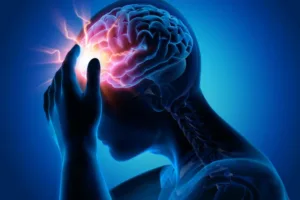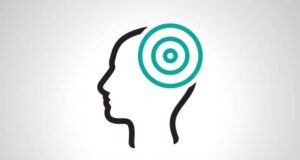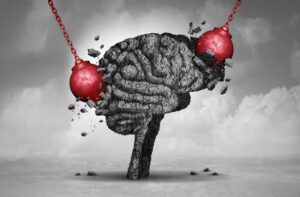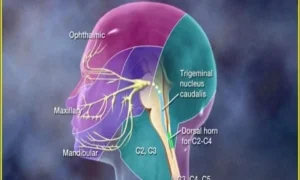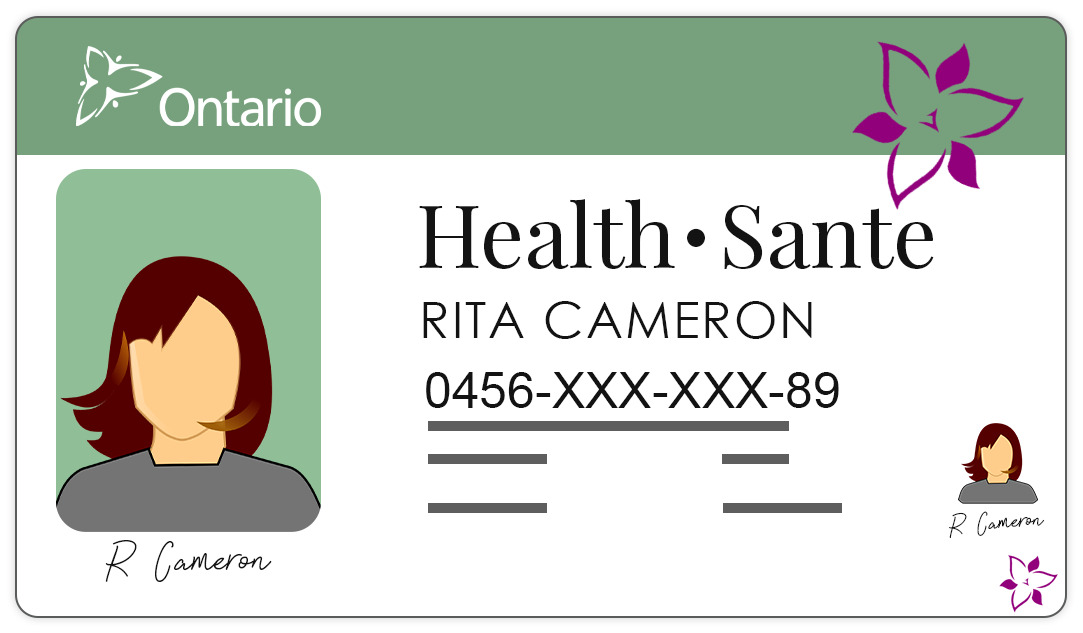Most people suffer from headaches from time to time. However, if you find yourself experiencing headaches more days than not, you may have chronic daily headaches. Defined as recurring headache for at least 15 days per month occurring over a period of three months or more, chronic daily headaches are any type of headache that occur frequently.
This headache disorder does not refer to any specific type of headache, it is used as an “umbrella” term for several headache types. Most often, headaches that occur daily or frequently include migraines, tension-type headaches, cluster headaches, hemicranias continua and mixed headache syndrome. Due to the frequent nature of the headaches, this disabling condition can seriously interfere with one’s daily activities and quality of life.
What are the symptoms of chronic daily headaches?
The symptoms of chronic daily headaches depend on the type of headache present. They can include head pain involving one or both sides of the head, and the pain may feel like throbbing, pulsing or a tightening feeling inside the head. The pain can also vary in intensity from mild to severe, and could be accompanied by sweating, nausea, vomiting and sensitivity to lights and sounds.
What are the causes of chronic daily headaches?
Despite ongoing medical research, the exact causes of chronic daily headaches are not well understood. However, some conditions that are associated with chronic daily headaches include the following:
- Hormonal changes, including fluctuations in estrogen and serotonin
- Tightening of the muscles of the head and neck that can result in tension and pain
- Inflammation or damage to the blood vessels inside the brain or in the surrounding meninges
- Changes in intracranial pressure
- Traumatic brain injury
- Genetic factors
What are the risk factors of chronic daily headaches?
So far, medical research has identified several risk factors that can increase the likelihood of chronic daily headaches, including the following:
Sleep disturbances
Recent scientific studies have shown that insomnia and poor sleep quality are associated with a higher frequency and intensity of headache attacks. In fact, the association between headaches and sleep problems can go both ways, meaning that headaches can cause sleep disturbances, and sleep disturbances can increase the frequency of headaches.
In people who suffer from chronic headaches, sleep disturbances are one of the most common headache triggers. Unfortunately, the most common sleep problem for chronic headache sufferers is insomnia, including difficulty falling asleep, staying asleep, and having poor quality sleep.
Stress
High level of stress is another most commonly reported trigger of chronic headaches. According to research studies, stress is a risk factor that can cause the progression of occasional (also called “episodic” headaches into chronic headache.
Chronic stress caused by major life changes, as well as from chronic daily stressors can also contribute to the development of chronic headaches. Therefore, treatment for chronic daily headaches can involve stress management, counseling, biofeedback, and sometimes the use of antidepressant medication.
Medication overuse
Paradoxically, an important cause of headache progression to chronic daily headaches is overuse of certain headache medications. Regular and long-term use of medication to treat headaches can result in medication overuse headaches. If you already have a headache disorder, any medication you take for pain relief can cause chronic rebound headaches.
Medications that can trigger medication overuse headaches include analgesics (both prescription and over-the-counter), ergotamine, opiates and triptans. Fortunately, medication overuse headaches usually resolve by stopping the medication that has been causing them. However, it is best to stop any long-term medication use under the supervision of your doctor.
Caffeine
Frequent use of caffeine is one of the most common risk factors for headache progression from episodic to chronic. Caffeine can be found in certain pain medications (including migraine medications), as well as in many dietary supplements, beverages, and in some foods, including chocolate.
According to medical research, caffeine narrows the blood vessels surrounding the brain, and when the body eliminates caffeine from your system, the vessels expand again, potentially causing pain and headaches.
Moreover, regular caffeine consumption results in the body getting used to its effects. As a consequence, reducing or stopping caffeine intake can cause withdrawal symptoms such as headaches.
Obesity
Obesity is another important identified risk factor for development of chronic daily headaches, and is defined as having a body mass index (BMI) greater than 30. Although it is not yet completely clear how obesity causes frequent headaches, the risk of frequent headaches increases with increasing obesity status (from overweight to obese to morbidly obese).
Therefore, making healthy lifestyle choices in terms of diet and exercise are particularly important to individuals who suffer from recurrent headaches in order to prevent the onset of chronic daily headaches.
What is the treatment for chronic daily headaches?
The treatment of chronic daily headaches depends on their underlying causes and headache type. There are many potential treatments for recurring and chronic headaches, which can include medications, non-medication therapies and lifestyle changes, or a combination of these.
When the underlying causes of chronic daily headaches are unknown, this condition can be difficult to treat. Therefore, it is important to work with your doctor to establish an effective prevention strategy for developing chronic daily headaches as early in life as possible.








